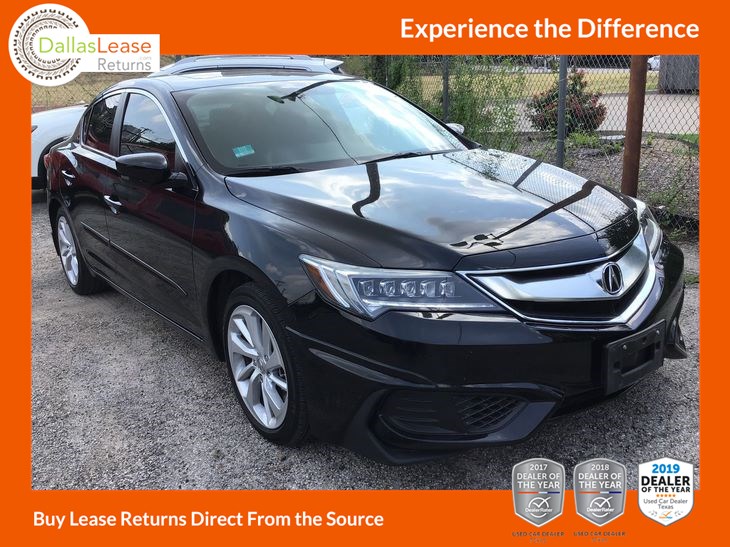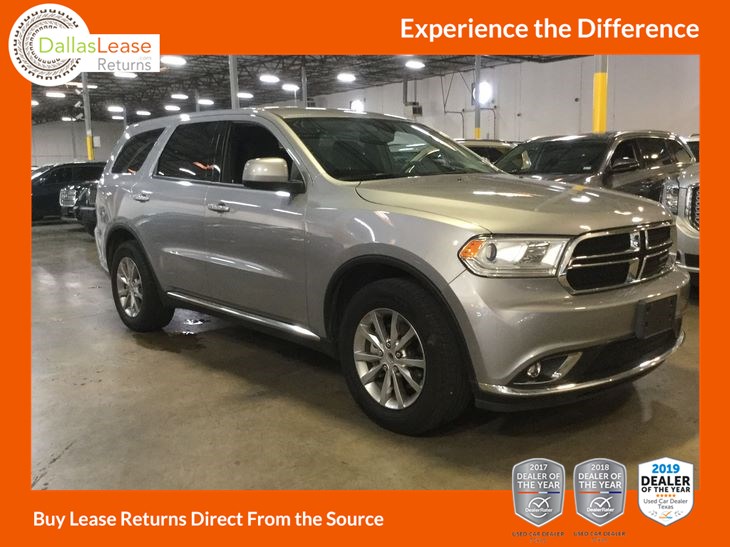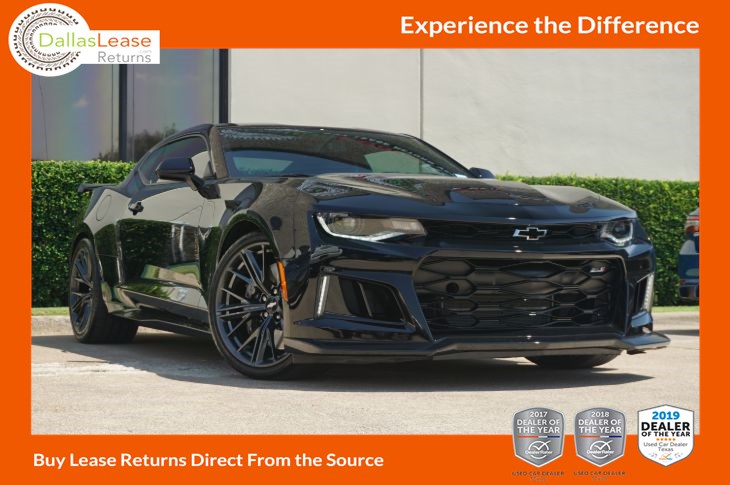Ahh that new car smell, but at what cost?

Price – New cars are more expensive. No surprise here, and we aren’t talking about sticker price alone. It’s total expenditures over time that you should consider. And this is where we bust the myth that a new car makes financial sense because it requires fewer repairs.
You see, when comparing the total costs over six years (which includes maintenance and all of those repairs), Edmonds found that buying a three-year-old car beat out buying a new car by thousands of dollars.
Saving money is the single biggest reason to buy a used car. Who couldn’t use a few thousand dollars extra?
Interest – How much will you save when buying a used car? That depends partly on whether you pay cash or finance the vehicle. Interest rates are normally lower for new car loans, so you might think that’s a reason to buy new. But because you usually borrow significantly more money for a new car you normally pay more in total interest charges than if you buy a used vehicle.
Of course, if you pay cash you eliminate all interest costs. And for most of us, saving up enough money for a nice used car is probably more realistic than saving up to pay cash a brand-new car.

Higher Taxes – Most states have sales taxes and registration fees for any car purchase. These can be significantly higher for new cars versus used, because of the price difference.
It’s easy enough to understand the higher sales tax. Whatever the rate is, if you pay twice as much for a new car versus a used one you’ll typically pay twice as much in sale’s tax. But most states also base registration fees on the vehicle value.
Insurance – There is another way to lower insurance premiums on a used vehicle. It has to do with the fact that you might be able to save enough to pay cash for a cheaper used car, but not a more expensive new one, and that leaves you with an additional money-saving insurance option.
You see, when you borrow to buy a car, lenders require full coverage. But when you buy a car for cash (and if you can afford a possible loss in the case of an accident), you can drop the collision coverage altogether and pay much lower premiums as a result. Depending on the car it is best to have full coverage but if the cost outweighs the vehicle liability only will do.
Depreciation – At some point, you’ll have to trade in or sell your car, and that’s when you’ll realize how much value it has lost. When Edmonds.con did their comparisons they calculated the remaining value of each vehicle at the end of six years. Not surprisingly, depreciation is greater with new cars. According to Carfax.com, a new car loses about 20% in value the first year, and some cars can lose up to 50%. On average the depreciation is 60% for the first five years.

And remember if the new car smell is what you are missing, you can now buy it in an air freshener!

